Get a hydration boost from this liquid gold
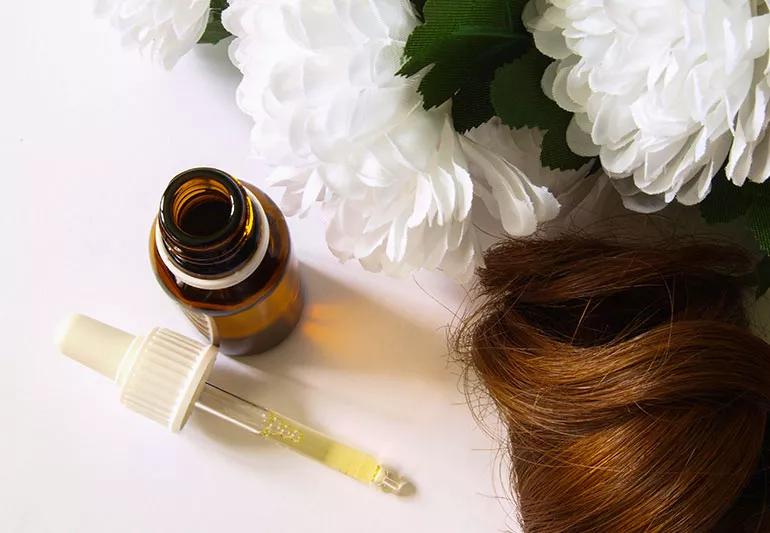
Chances are, you’ve probably seen argan oil while browsing the beauty aisle at the drug store. And it’s for a good reason, too. The honey-colored oil, which derives from a plant native to Morocco, seems to do it all — like keeping your skin moisturized and your hair silky smooth.
Advertisement
Cleveland Clinic is a non-profit academic medical center. Advertising on our site helps support our mission. We do not endorse non-Cleveland Clinic products or services. Policy
You may be familiar with what social media influencers have said about it, but what’s the actual science behind and health benefits of using this so-called “liquid gold”?
Dermatologist Shilpi Khetarpal, MD, breaks down what we know about argan oil and how you can work it into your beauty routine.
Derived from the nuts of the argan tree, argan oil has been used for centuries in many ways. Its popularity partially started in the world of cooking, often used in Moroccan-style recipes as a salad dressing. It contains a number of unsaturated and saturated fatty acids, as well as other compounds like polyphenols, squalene and triterpene alcohol. You can recognize argan oil by its golden color and rich consistency.
While it comes from a tiny kernel, argan oil packs a punch with what it can do for you.
“The fatty acids in it, like linoleic and oleic acids, are very hydrating,” says Dr. Khetarpal. It also contains vitamin E and antioxidants that can prevent breakage and damage from free radicals.
Here’s how argan oil can be beneficial for your hair and skin:
Everyone wants silky, smooth hair — minus the greasy residue. That’s why argan oil has become such a trendy choice for many: It adds a hydrating boost to calm frizz, while staying light on your strands.
“It adds lighter moisture that won’t weigh hair down, while also promoting your hair’s overall health,” says Dr. Khetarpal.
Advertisement
Although it won’t make those pesky split-ends go away, a quick run through of argan oil on the tips of your hair can mask the appearance of them.
You may depend on your trusty straightener and hair dryer, but it’s important to have a shield against any intense styling you’re doing. It turns out, argan oil can be a natural remedy for that.
“The oils add a protective layer to the hair and help strengthen hair that’s been damaged by too much heat or chemicals,” explains Dr. Khetarpal.
A 2013 study even found that argan oil improved the quality of hair that was intensely colored or dyed.
Especially if you’re prone to dry skin, this silky oil can give it some much-needed moisture, thanks to its vitamin E and fatty acids. Research shows argan oil protects the skin’s barrier and improves overall texture.
Plus, if you’re struggling with eczema, psoriasis or chronic dry skin, argan oil may be your saving grace.
“It can be used to help dry, sensitive skin for those looking for more natural remedies,” says Dr. Khetarpal. “But it’s important that there’s no added fragrances or preservatives in the oil because those can make things like eczema worse.”
While it may add a hydration boost to your skin, Dr. Khetarpal points out that this oil won’t have much effect on things like acne scars or stretch marks.
Applying argan oil may also benefit any mild scrapes and scratches. A 2017 review suggests that since argan oil has anti-inflammatory properties, it may help with irritated burns and wounds.
Could argan oil be the “Fountain of Youth,” too? More research needs to be done to know for sure.But some studies suggest that this oil may have some anti-aging properties by increasing the elasticity of the skin.
You may have heard that argan oil can be beneficial for keeping your scalp moisturized. While this oil is good for your hair, Dr. Khetarpal warns that it may not be the best choice for your scalp — especially if you have oilier hair. The reason?These kinds of oils can promote seborrheic dermatitis (aka, dandruff) if overused.
“This happens when there is an overgrowth of the normal yeast of the scalp,” explains Dr. Khetarpal.
Next time you’re in your local beauty store, here’s how to know what type of argan oil is best. Try to get pure argan oil (usually in a dark glass bottle) to get the most benefit out of it. This is because certain brands of argan oil have excessive amounts of fragrances and chemicals that can be irritating to your skin and hair.
Hearing all the benefits, you may be wondering: Should I bathe in this stuff or what? Like with any beauty product — natural or otherwise — try a little bit at first to see how your body reacts.
Advertisement
“It’s best to try it on a small area before applying it to a larger area on the skin or hair,” advises Dr. Khetarpal.
While there’s no need to buy argan oil by the case, there are definitely plenty of reasons to keep it handy in your skin care cabinet. Whether you want to calm your frizzy hair or give your skin some moisture, this natural oil can help in more ways than one.
Advertisement
Learn more about our editorial process.
Advertisement
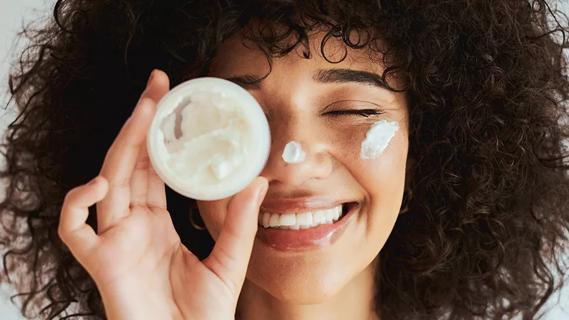
Pantothenol is a powerful moisturizer and can help repair damaged skin and hair
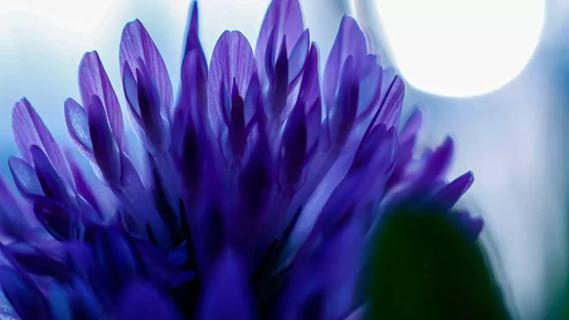
This alternative to retinol may be easier on sensitive skin
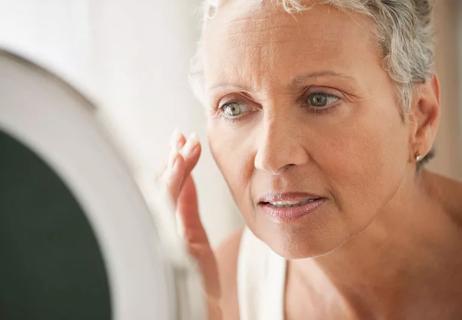
Day creams should protect your skin, night creams should soothe and repair it
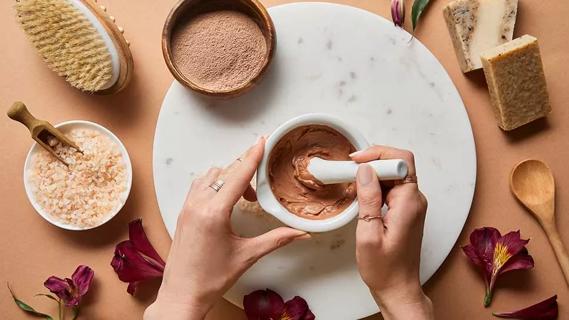
Pure cocoa butter can help keep your skin supple, with a subtly delicious scent
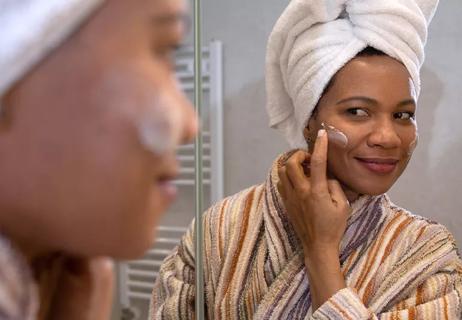
Focus on the philosophy — replenishing and respecting your skin — not necessarily the steps
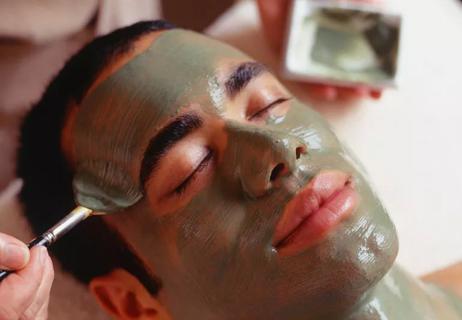
Lie back and relax as a skin specialist cleanses, exfoliates and hydrates your skin
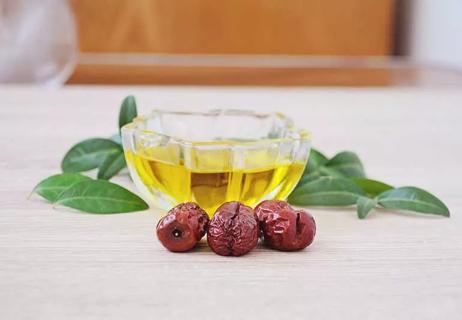
The powerhouse oil fights fine lines and wrinkles, soothes sunburn and a whole lot more
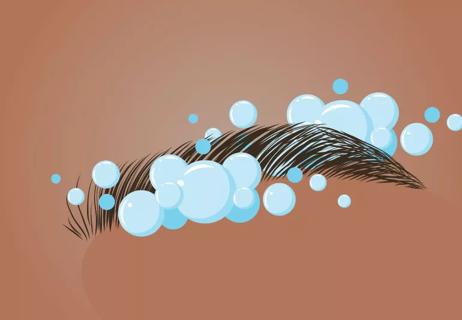
From icing to taping, experts chime in on what’s worth trying and what’s better off skipping

Type 2 diabetes isn’t inevitable with these dietary changes

Applying a hot or cold compress can help with pain